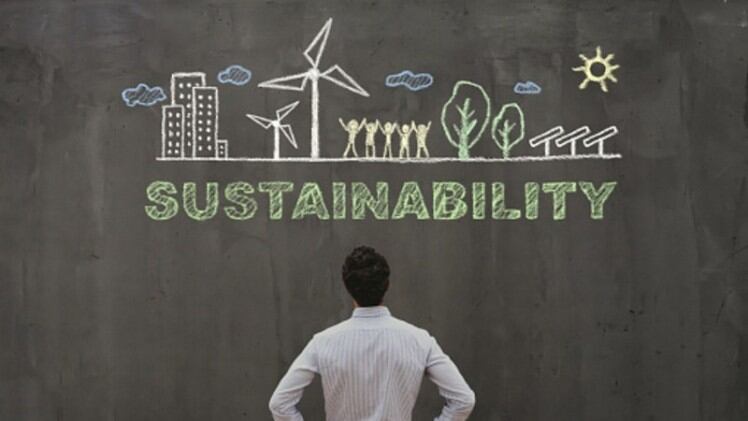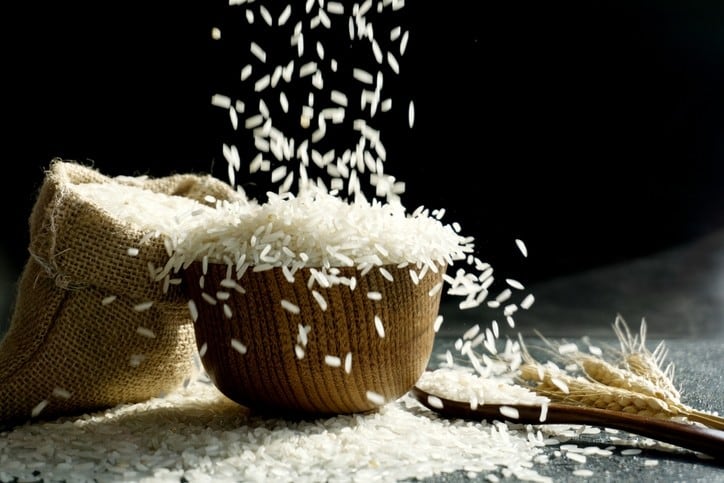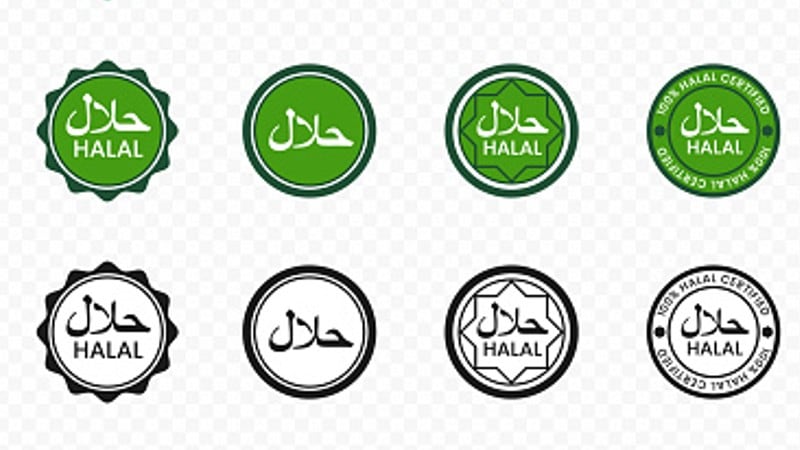Eggs-traordinary changes: Cadbury Australia introduces reduced-plastic packaging for Easter specials
Mondelez International-owned Cadbury Australia has revamped the packaging for its Easter series to meet consumer demand for sustainable packaging, and as part of the firm’s long-term efforts to reduce plastic use and wastage.
The confectionery giant said that the Cadbury Hollow Hunting Egg plastic crates have been switched to 12- and 24-pack cardboard cartons, which save 131,000kg of plastic, while the plastic blister and excess cardboard in some Cadbury Easter Gift Boxes will be removed, reducing over 200,000kg of packaging.
“Packaging is one of the most prominent sustainability topics for consumers. They believe it is the responsibility of companies to provide sustainable packaging and have indicated that they’re willing to pay more to support brands who are acting to improve their impact," Stephanie Saliba, Director of Corporate and Government Affairs – Japan, Australia and New Zealand at Mondelez International, told FoodNavigator-Asia.
No label, no problem: South Korea looks to mandate label-free packaging for drinking water over next two years
The South Korean government is looking to mandate label-free packaging for drinking water bottles, replacing this with a digital QR code system over the next two years.
South Korea has committed to a range of sustainability goals, including the slashing of plastic waste production by 50% and the doubling of recycling rates in the country from 34% to 70%, both by 2030.
The past few years have seen the Ministry of Environment (MoE) roll out a range of regulatory policies to this end, including the banning of hard-to-recycle plastics such as coloured PET from the recycling system as well as approving recycled PET plastic as material for new food packaging.
New developments saw the ministry calling for public comment on its latest initiative to mandate the use of label-free packaging for drinking water bottles, to be implemented after a two-year transition period.
Sustainability and smallholder concerns: Palm oil producing nations question EU’s deforestation ‘workstream model’
Significant doubts remain as to whether the EU’s new deforestation workstream model will be sufficient to allay fears raised by palm oil producing nations, especially in relation to sustainability and smallholder farmers.
The EU Deforestation Regulation (EUDR) Ad Hoc Joint Task Force’s (JTF) has held two meetings so far, with the most recent being in February 2024 hosted by the Council of Palm Oil Producing Countries (CPOPC) in Malaysia.
This featured the launch of a dedicated workstream model to look into the various issues raised by producer countries regarding the EUDR.
A primary discussion point at the meeting was that of sustainability and traceability surrounding the five commodities set to be impacted by the EUDR – cocoa, rubber, timber, coffee and most prominently, palm oil.
Inclusion and affordability: Why emerging Asian markets risk being sidelined in the sustainability agenda
Developing markets in Asia and Africa risk being sidelined in the efforts to create a more sustainable food system, unless inclusion and affordability are placed front and centre to improve nutrition.
Sustainability has been a major trending topic within the food and beverage industry over the past several years and especially since the onslaught of the COVID-19 pandemic.
But despite its long-term importance, experts now fear that developing markets could be sidelined from any progress if equal emphasis is not placed on the topic of inclusion.
“Whilst transitioning towards low-carbon agrifood systems, certain crucial aspects of food, such as nutrition have been side-lined as carbon emission reduction has been the rallying cry of most stakeholders,” VC investment firm and Future Food Asia (FFA) 2024 organiser ID Capital Founder Isabelle Decitre told FoodNavigator-Asia.
Sustainability snags: More support needed from APAC retailers to match brand efforts – experts
Retailers in APAC need to increase the support given to sustainability-focused food and beverage products in order to match brand initiatives and boost consumer awareness, say experts.
Although sustainability has been identified as a rising trend in the APAC food and beverage scene for some time, it is yet to take off to the same extent as western nations.
According to sustainability-focused brands within the industry, one area where support is still lacking is at the retailer level. They argue more needs to be done at this stage before consumers get the level of exposure required to make sustainability part of their everyday lifestyles.
“Many companies and brands are trying to be ethical and responsible by increasing their sustainability focus, and there are many SMEs which are fully sustainability-focused – all of which are facing similar challenges,” sustainable tea brand English Tea Shop Founder and CEO Suranga Herath told FoodNavigator-Asia.





